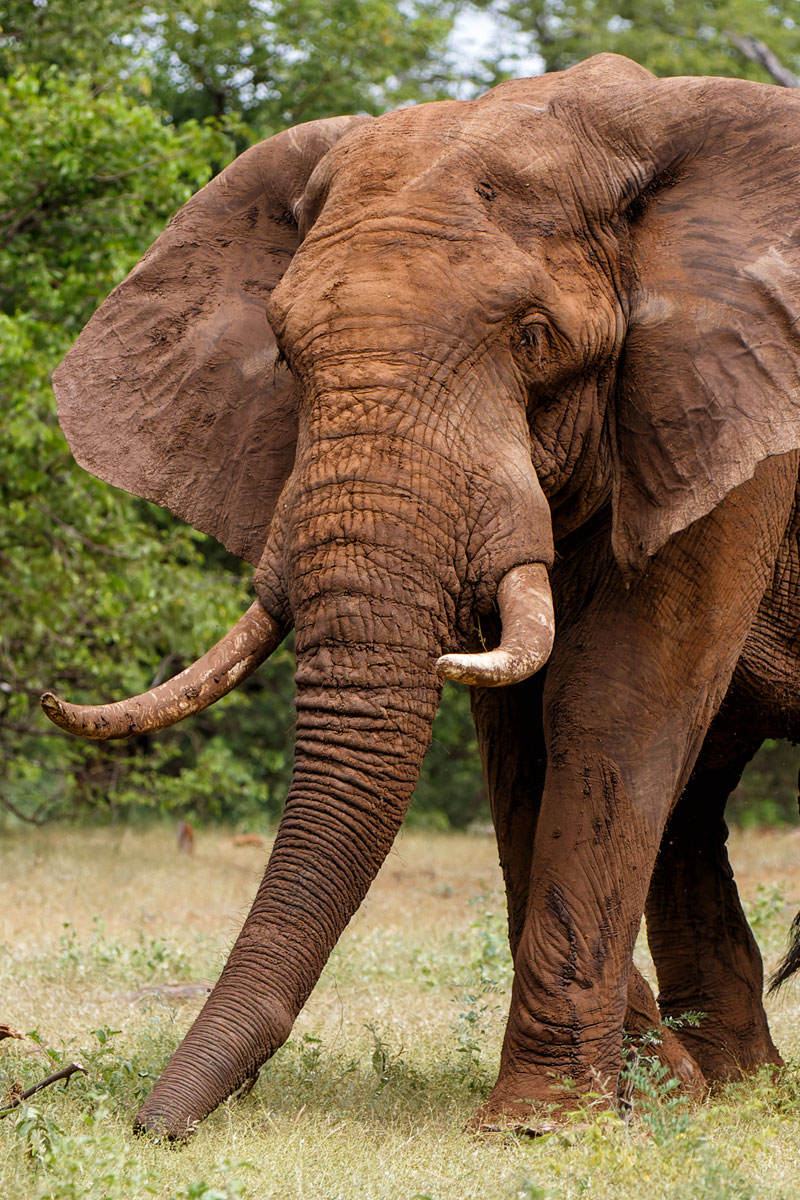
Scientific name: Loxodonta africana
Setting out on an African elephant hunt in South Africa is a remarkable experience that combines adventure with conservation efforts. These majestic creatures, known for their impressive size and gentle demeanor, roam the vast landscapes of South Africa's wilderness. Hunting an African elephant requires skill, patience, and a deep respect for these iconic animals.
African elephant hunting in South Africa is a carefully regulated activity aimed at maintaining ecological balance while supporting local communities. Unlike other game, elephant hunting is not a pursuit for sport but rather for conservation and management purposes. Conservation authorities meticulously monitor the process to ensure sustainability and ethical practices.
One of the most common methods employed in African elephant hunting is the spot-and-stalk technique. This approach involves patiently observing elephant herds from a distance before carefully closing in for the stalk. It requires stealth, patience, and a deep understanding of elephant behavior to ensure a successful hunt while minimizing stress on the animals.
For those participating in an elephant hunt, it's essential to use appropriate firearms with adequate stopping power and accuracy. Rifles with calibers such as .375 H&H Magnum or larger are typically recommended for elephant hunting, ensuring humane and effective shots.
Effective shot placement is critical in African elephant hunting, with the brain shot being the most accurate and instantaneous. This requires a heavy bullet driven at sufficient speed to penetrate adequately through the elephant's skull. The heart shot is also an option, but it can cause a lot of havoc before the elephant runs out of steam.
Conservation Management: : Hunting African elephants plays a crucial role in wildlife management and conservation efforts. By selectively targeting specific individuals, hunters help regulate elephant populations, preventing overgrazing and habitat destruction while maintaining a healthy ecosystem.
Cultural Heritage: :Elephant hunting is a long-standing tradition in many African cultures, deeply rooted in rituals and customs. For some communities, elephant hunting is not only a means of sustenance but also a way to preserve cultural heritage and traditional practices.
Economic Benefits: : Responsible elephant hunting contributes to the local economy, generating revenue for conservation programs, community development projects, and anti-poaching efforts. By providing incentives for wildlife conservation, hunting helps ensure the long-term survival of African elephants and their habitats.
Embarking on an African elephant hunt in South Africa is a unique opportunity to immerse oneself in the awe-inspiring beauty of the African wilderness while contributing to conservation efforts. By participating in a carefully regulated and ethically conducted hunt, individuals can experience the thrill of the chase while supporting sustainable wildlife management practices.